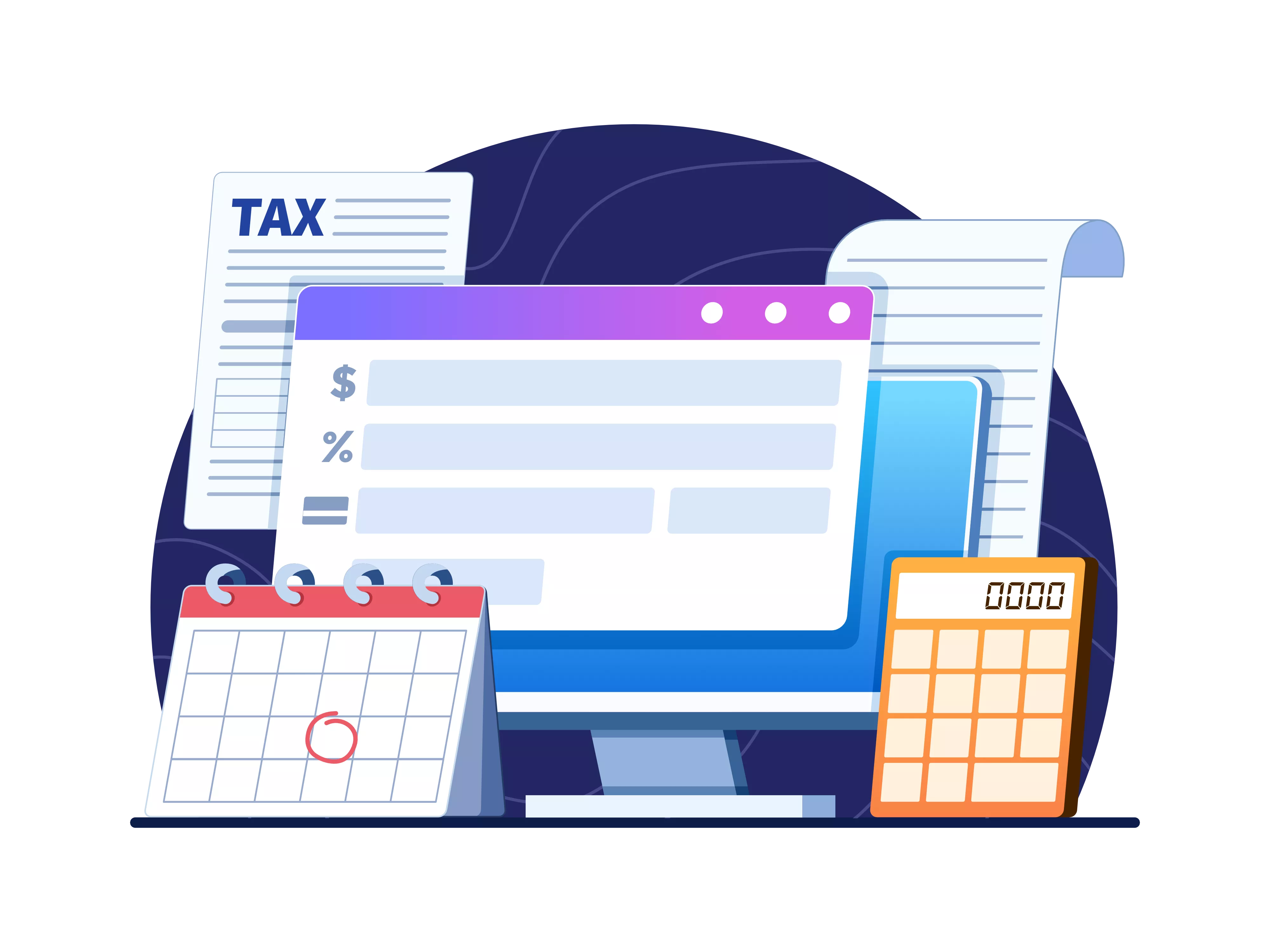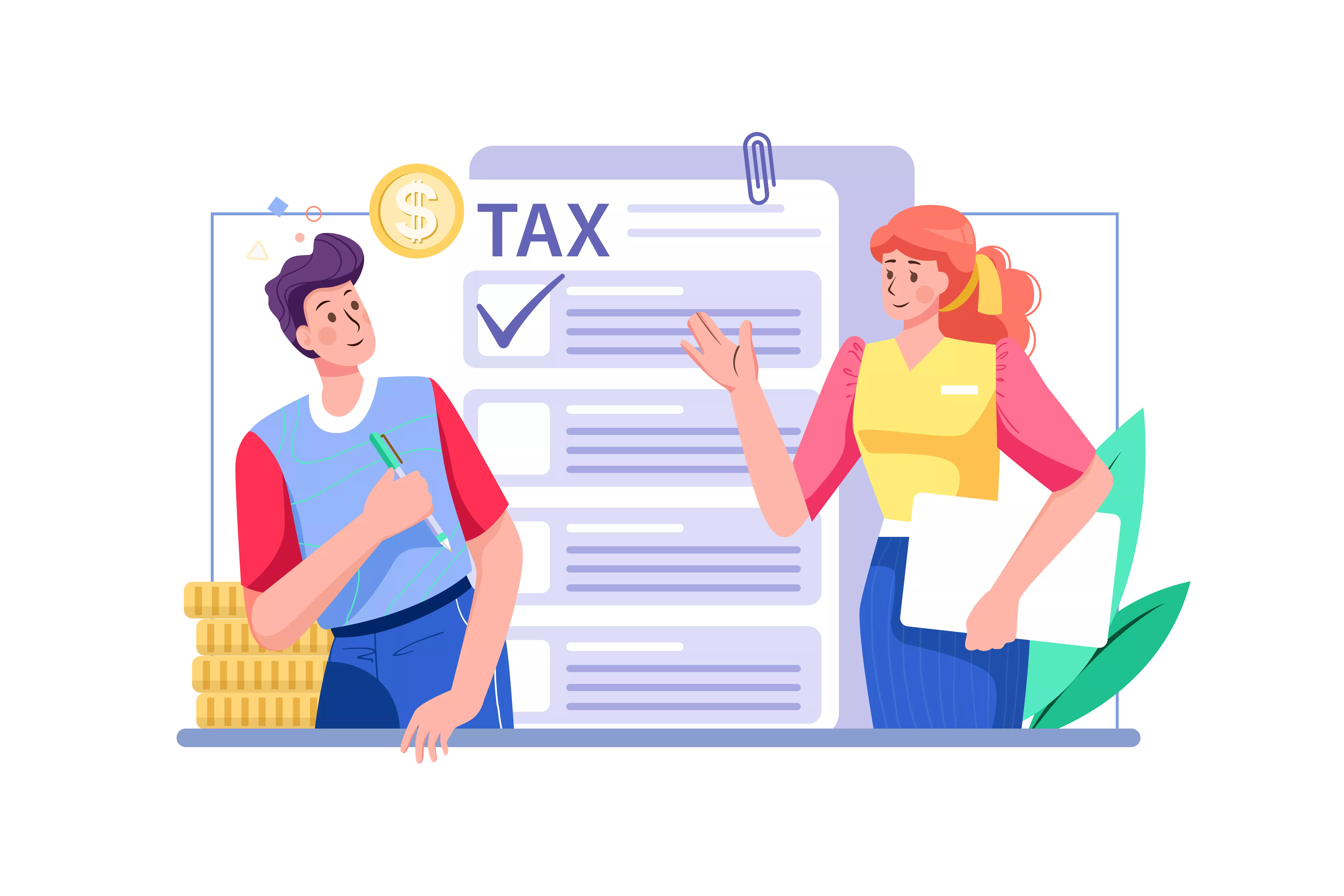
When applying for an Employer Identification Number (EIN), you need to provide the IRS with the details of a responsible party for your business. This person plays a pivotal role in getting your business’s tax identification number, performing certain responsibilities during the application process, and making decisions on behalf of your business.
If you are a sole proprietor or the only person in your business, it’s fairly obvious who the responsible party will be (it’s you.) However, if more than one person owns or runs the business, deciding who the responsible party is involves careful thought.
Let’s dive into the significance of the responsible party in an EIN application, as well as how your choice can affect legal compliance and communication with the Internal Revenue Service (IRS).
What Does Responsible Party Mean?
A responsible party is the IRS designation for the individual who makes financial decisions within a business in terms of controlling, managing, and directing the organization’s funds or assets. This is a required detail when applying for an EIN, as you must provide the name and tax ID of the responsible party on Form SS-4 when you apply. Without appointing someone to this role, you cannot complete the application.
The IRS describes the responsible party as a:
- Principal officer of a corporation
- General partner of a partnership
- Owner of a single-member LLC
- Member of a multi-member LLC
- Owner, trustor, or grantor of a trust
In some cases, multiple partners or members might qualify as the responsible party. In this case, choose the partner or member who will handle communication with the IRS.
Note: If a corporation is the general partner of a partnership, the responsible party still must be an individual person. In this case, the responsible party is generally the principal officer of said corporation.

What Isn’t a Responsible Party?
With that said, there is a common misconception to clear up; a responsible party is not the same as a registered agent hired to receive legal documents for your business. The only authority a registered agent has is to sign that they received legal documents.
The responsible party for your EIN also cannot be an attorney who isn’t a director, partner, or owner of the company. They must be discretely connected to the business in some fashion.
Despite that connection, the responsible party is not personally liable for financial, tax, or legal issues the organization may face (at least, not by being the responsible party).

What Does the Responsible Party Do After You’ve Obtained Your EIN?
The responsible party, first and foremost, serves as the primary contact for the IRS, facilitating smooth and accurate communication between the federal agency and your organization. The IRS, essentially, wants to make sure they have one accountable person they can contact as needed. As such, no other individual within the organization can make or authorize IRS-related changes.
Since this individual acts on behalf of the company, they are responsible for ensuring the IRS receives accurate and reliable information. They also answer any questions concerning the organization’s tax filings.
Are EIN Nominees Different From Responsible Parties?
Similar to your responsible party is your EIN nominee. These two individuals are both mission-critical to obtaining your EIN; however, they serve quite distinct roles.
An EIN nominee acts as a representative for the actual business owner(s) during the application process. In contrast with the responsible party, the nominee has little or no authority over the organization’s assets in their own right and only limited authority to act on behalf of the company (and even this authority is usually only temporary). A nominee is generally appointed while starting a business and may include, for example, an attorney or registered agent helping to set up a company.
Although some businesses have been permitted to do so in the past, the IRS no longer allows nominees to act as the responsible party for EIN application purposes as they want to ensure that the individual they contact has full capacity to make decisions on the business’s behalf.
Let’s compare the two positions side by side:
Responsible Party
- Owns the business or forms part of the business directorship
- Holds the authority to make decisions regarding business assets and funds
- Is recognized by the IRS as a legitimate business representative to apply for an EIN
Nominee
- Acts as a representative of the business for a limited period and holds no ownership or directorship role
- Holds no authority over the business’s finances and assets
- Is not recognized by the IRS as a legitimate representative of the business to attain an EIN
Guidelines for Modifying the Responsible Party in an EIN Application
A change in responsible party representatives for IRS communications is not uncommon and is allowed as long as you inform the IRS of the change. Such a change might occur due to:

- Adjustments to your organization’s management team or business structure
- Death
- Retirement
- Third-party ownership acquisition, such as a stock acquisition
- Termination of the responsible party
The IRS requires any organization with an EIN to submit a formal notification of responsible party changes by completing Form 8822-B within 60 days of the change. This application then takes four to six weeks for the IRS to process. This same form (8822-B) can also be used to notify the IRS of changes in the business’s physical or mailing address.
While there is no penalty for failing to submit this information, it won’t serve you well. Without updating the IRS, you may fail to receive tax notices such as a demand for tax or a notice of deficiency. Accordingly, penalties and interest on tax deficiencies will continue to accumulate, with or without your awareness. Since the IRS deems it the organization’s responsibility to file any changes, they take responsibility for neither unreceived communications nor accumulated interest.
How to Change Your Responsible Party in 4 Easy Steps
Follow these steps to update your responsible party designee with the IRS:
- Complete Form 8822-B, which is available on the IRS website and linked above. (You will need information from both the old and new responsible parties to complete the form.)
- Attach any supporting documentation as required. This may include documents, such as articles of incorporation or a partnership agreement, to verify the change.
- Mail the completed form and supporting documents to the IRS address provided in the instructions on the form, as you cannot submit the form electronically.
- The IRS will process your request and send a confirmation once the change has been registered.
Your Responsible Party Is Key to Getting an EIN
To perform the most fundamental business tasks—like employing staff, opening a bank account, and processing credit card payments—your business needs an EIN. As we’ve detailed, the first step towards obtaining an EIN is designating a responsible party. But after that, it’s essential to perform an EIN Lookup to confirm that everything is in order. Then, it’s time to get your business churning. That’s where we can help. When you’re ready to begin, grab your EIN and fill out our quick application!






